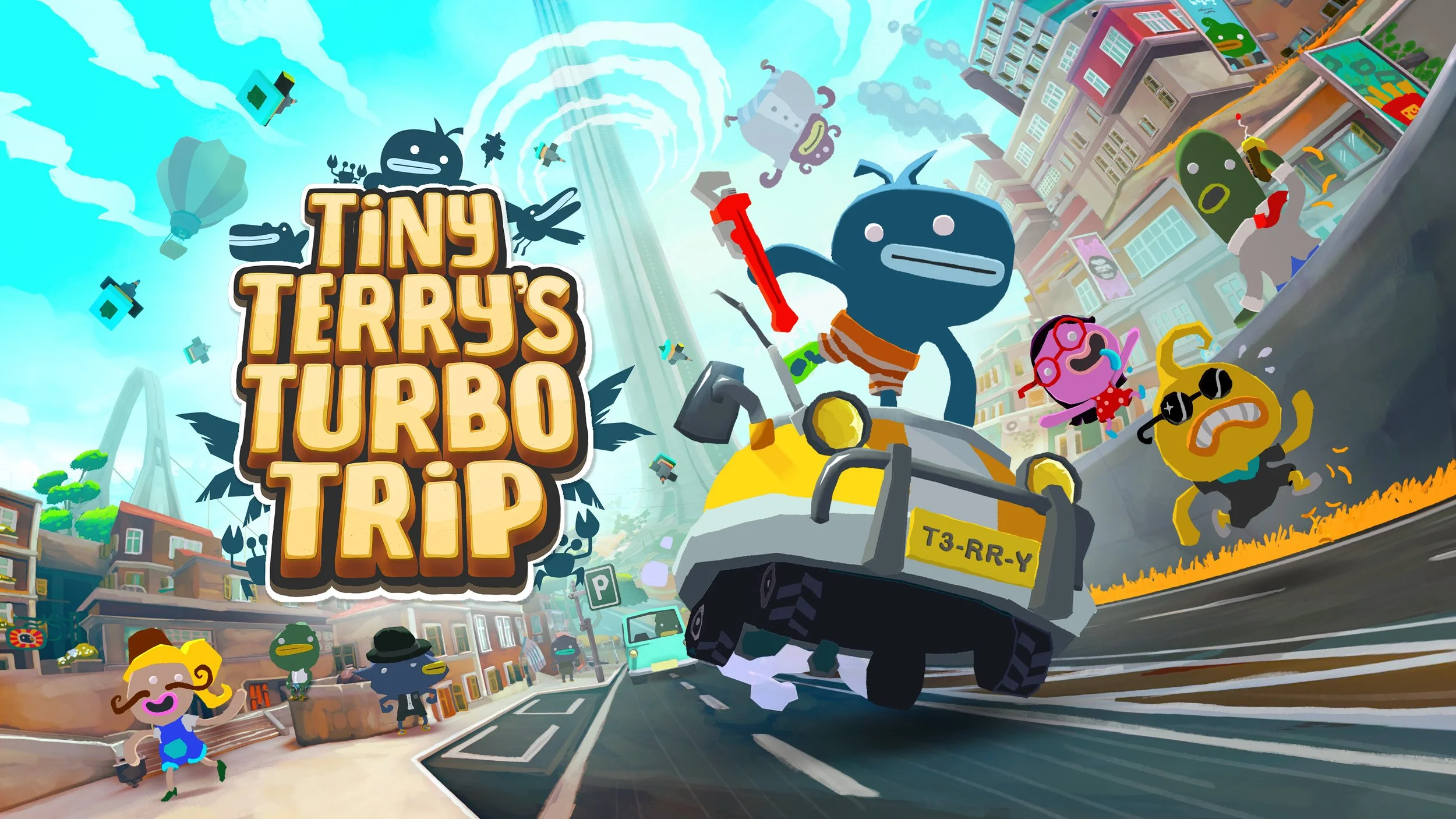Early Access Review | Azoove - Like Sands In The Desert Bus, So Are the 10 Days of Our Lives
For board game fans who are done with PvP; for players who are frustrated with turns being played individually; for anyone who finds the prisoner’s dilemma too bitter and impersonal, solace is expected to be found in Azoove, the upcoming Early Access game from startup developer Timeless Toucan.
Azoove is best described as a tabletop card game in digital form; a cooperative deck-based system where players silently work together to simultaneously manage their pooled resources as randomized challenges threaten the failure of the party’s mission. Success depends upon the group’s ability to plan and predict the team’s actions well enough to survive ten rounds of constant assault on their Stress, Despair, Food, and Orientation levels.
Know upfront that Azoove is not currently designed as a narrative-heavy or action-focused game. Though for as simple as the premise is, charm swells in the small bits of writing found in the short yet lush descriptions of events. The three or four sentences of prose describing skin rash making a swath across the caravan, a food cart being enveloped by flames, or a calm point of repose after a troubling period of training are real highlights. Paired with a calm yet pulsing soundtrack and the naturalistic backgrounds with gold-inlaid borders, it provides a very cohesive storybook fable aesthetic that evokes a patient, contemplative atmosphere to match the pace of gameplay well. It does lend to an atmosphere that can grow stale quickly if enjoyed for an extended period of time, but in smaller, spaced-out sessions, can easily become a long-term activity for a group to enjoy together.
Each playable character has their own unique strength and ability, which doe not take long to memorise and takes even less time to learn how to synergise. Gameplay feels ironically isolating for a game that currently can only be played with two players, but this is done intentionally. Ample downtime is offered between rounds for open communication and strategising but is mostly valuable only during the first few rounds between players unfamiliar with each other. Outside of that, decision phases - when players are meant to be barred from communicating - is where the majority of gameplay resides. It tends to feel a bit incongruous, at least in its digital form. Conversely, there are no expectations for absolute silence, neither in video game or the board game. The dev team currently has no solid plans to include methods for in-game communication (text, voice chat, emotes), happily directing players to use other methods or apps to talk while playing Azoove. This leaves the devs in a place where they have to trust the players, hoping everyone follows the “No Talking” periods of their own accord rather than providing ways to mandate this.
Though TT has openly admitted that it is not concerned about players “cheating” this, it is interesting how the devs have effectively placed all their much trust in the community to follow the guidelines, similar to how the players must implicitly trust each other to navigate correctly each round. TT has shown itself to be very receptive to feedback and requests, including potential demand for any sort of in-game communication arising from the player base.
The aspects of signalling and distanced social deduction that are required to win (by design, as one of the key experiences) can feel too limiting at times though. Seeing the body language of whoever you are playing with is a tell that is completely inaccessible in video game form. Though hand gestures and facial expressions aren’t necessarily encouraged by this review, there is a core function to the experience that is lost when players aren’t sharing the same physical space together. The communal trepidation of revealing events at critical junctures; the shared grief and joy as rounds break bad or good; the physical connection made between players trading cards - all things that can weigh heavier influence in real space, nearly devoid or lost in translation in this virtual iteration. Fortunately, TT dev and founder Daniel Milo has been showing a prototype physical version of Azoove in the game’s Discord group, which should be expected to be the prime method of play. As such, Milo has clearly defined the Early Access version as a playtesting environment to increase, embellish, and refine the game into its final version before tabletop printing can begin. This is the strength of this release: not to be the definitive version, but to allow the definitive version to exist in the place where it belongs.
Ultimately, Azoove shows to be a promising testbed for what could become a tabletop classic. The potential for an expanded roster, tightening of event cards, and gorgeous additional artwork make this a product worth keeping an eye on when it goes to print. However, that’s not to say that this digital release is something not worth checking out in Early Access. Most popular tabletop games have made the transition to video games at some point as a means of allowing players to share experiences when not in person, Azoove already demonstrates its value in a different way, allowing the team to iterate on design decisions before releasing the final version. The pacing and strategy make Azoove something that can’t be easily recommended to everyone, but for those looking for a classic tabletop game in a readily consumable form on both Windows and Mac platforms (potentially with friends who otherwise couldn’t congregate in person), Azoove is a solid choice.










